If you've looked up the process of writing, editing, and publishing a book on your own, I'm sure you've come across beta readers. And you may be wondering what beta readers are. To put it simply, after you've written and edited your novel, but before you send it off to an editor, you let a few beta readers read it. I like to think of them as quality control. You've invested so much time and effort into finishing your manuscript, you may not be able to see any weaknesses or mistakes with it. That's where beta readers come in.
I don't expect my beta readers to check my spelling, grammar, or punctuation. My editor will catch all the nitty gritty mistakes. I like my beta readers to focus more on the bigger picture.
- plot issues/holes
- continuity
- pace
- character development
- believability
- inconsistencies
- overall impressions
Before I send my manuscript off to the editor, I will address the issues my BRs point out to me to make sure my editor is getting the most complete and polished version of the book that I can make.
So how do you choose beta readers? I chose a few people who were avid readers in my genre who I trusted to give me honest feedback. I also have my mom, aunt, and boyfriend read my manuscript, but they always say they love it and it's the best thing they've ever read. The other few people are much more objective. One of my BRs is a very close friend, but the others are more like acquaintances. Don't be scared to reach out to people who you think would do a good job!
One last thing to remember is that your BRs are doing you a favor, and you're asking them for constructive criticism. You can't take their comments or suggestions personally, although that's easier said than done. Thank them for their time and effort and try to use their comments to better your novel.
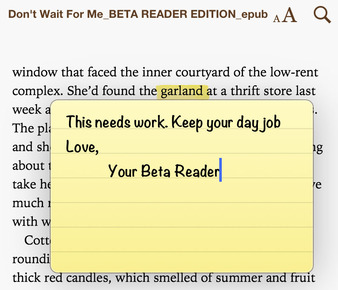
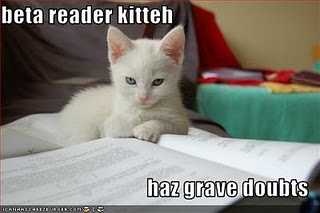
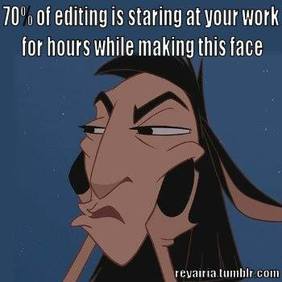
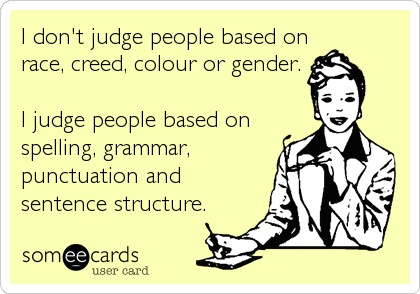
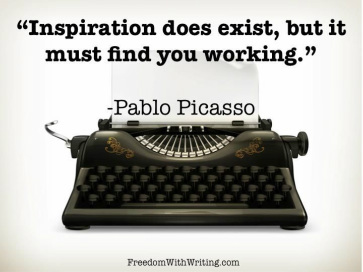
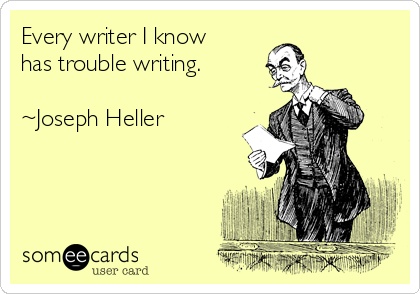
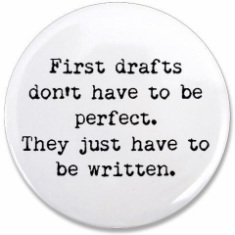
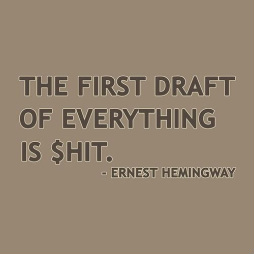

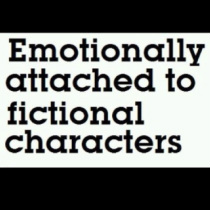
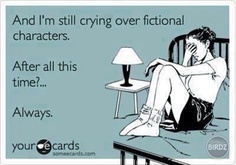
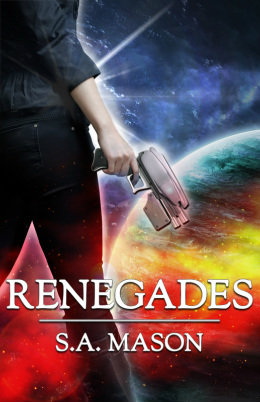
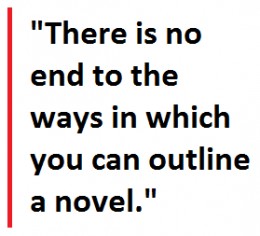
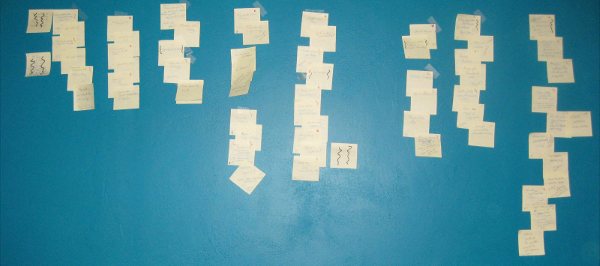
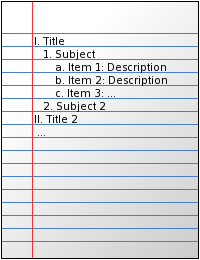
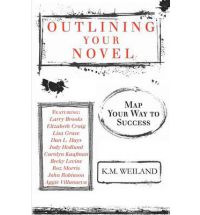
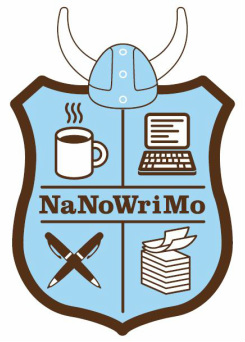
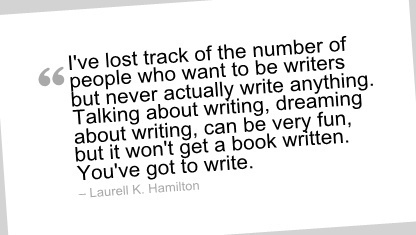
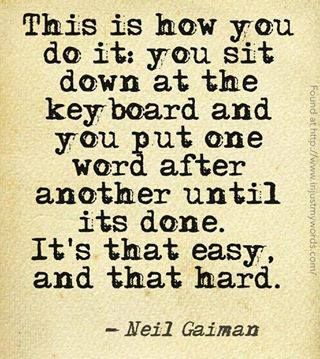
 RSS Feed
RSS Feed
